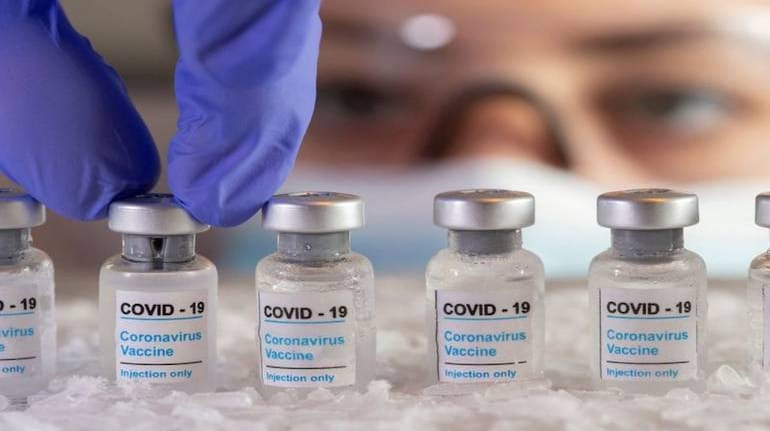



Even as the Centre and states prepare for the January 16 rollout of the COVID-19 vaccination programme, they are planning ahead in what will definitely be a long road to make the country coronavirus-free.
Once the front-line healthcare workers and senior citizens have been innoculated - primarily by states - the government will turn its attention to the urban and rural poor, including the beneficiaries of the various welfare schemes of the government.
“The innoculation of health workers and senior citizens will take four-six months. By that time, the vaccines will be available over-the-counter. By that time we would have taken a decision which sections of remaining population we will provide the vaccination to for free or at a subsidized rate, and which sections will pay,” a top government official told Moneycontrol.
“Ideally, from that stage onwards, every citizen who can afford to pay for the vaccine, should be able to subsidise two of their fellow citizens who can’t, by paying for the vaccine,” the official said.
While states will be using their public healthcare systems to vaccinate the identified workers and citizens, the Centre is likely to use a model akin to public distribution system.
Just like poor beneficiaries can pick up free or subsidised foodgrains from ration shops against their Aadhaar details, they will be able to get vaccinated at clinics, hospitals and other healthcare centres using the same details. The Centre will, along with states, identify such beneficiaries among the urban and rural poor.
On January 11, Prime Minister Narendra Modi spoke to chief ministers of the states on the roll-out plan for the vaccination. He told them that health workers and front-line workers (including policy, army, sanitation workers, etc), all totalling around three crore people, will get the vaccine for free.“The Prime Minister said the country is in a decisive phase of this fight, with the start of the world’s biggest vaccination campaign from 16th January. He underlined that it's a matter of pride that both the vaccines for which Emergency Use Authorization has been given are made in India,” said an official press statement after Modi's interaction with chief ministers.
“Prime Minister announced that state governments will not have to bear any cost towards vaccinating these three crore people in the first stage. The Centre will bear this cost, he added,” the release said.
India aims to achieve vaccination for 30 crore people in the next few months, he said.
Discover the latest Business News, Sensex, and Nifty updates. Obtain Personal Finance insights, tax queries, and expert opinions on Moneycontrol or download the Moneycontrol App to stay updated!
Find the best of Al News in one place, specially curated for you every weekend.
Stay on top of the latest tech trends and biggest startup news.